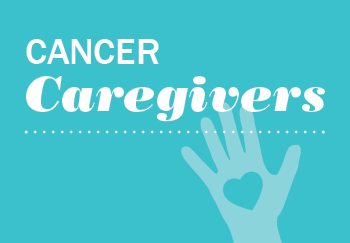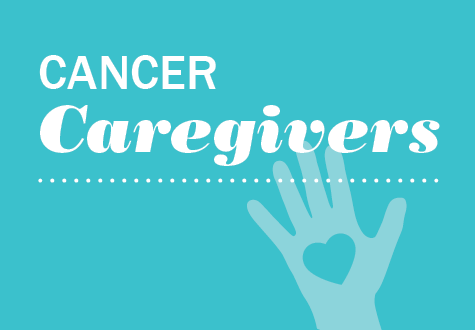
Start With Understanding
Cancer treatment can be miserable and cause debilitating side effects. Depending on the stage and aggressiveness of the cancer, it may only add a couple months to your loved one’s life. Rather than jumping in with advice, begin with a conversation. All treatment decisions are up to the patient as long as he or she is able to make them. Understanding the motivation can help you support each other as you go forward.
As a caregiver, ask questions to ensure your loved one is making the decision based on a full understanding of the disease, treatment options, prognosis and desired quality of life, advises the American Cancer Society. Some things to talk about with your loved one include:
- Details of the diagnosis and proposed treatment options
- Possibility of remission
- Expected side effects of treatment and expected benefits
- Why he or she is refusing cancer treatment
You can also ask to visit the oncologist together. You want to ensure there’s a positive, supportive relationship between both. Prepare your own questions for the doctor about treatment options and what to expect as the disease progresses. As an article in The Oncologist describes, it’s often difficult for the physician to accept a refusal of treatment as well. Quality of life, however, doesn’t seem to be worse for people who don’t undergo conventional treatment.
If you feel your loved one is refusing treatment because of denial, or because of fear of undergoing treatment, talk to the oncologist. You may want to visit a counselor or support group together. If the refusal comes from fear, you may find that sitting in on a support group and listening to others who have gone through treatment can provide a different perspective. He or she can also ask questions related to specific fears and get answers from people who have been there.
Visit UVA Cancer Center
UVA Cancer Center has a range of support resources, from counselors to chaplains, to help you through the entire cancer journey. Learn More
Connect with Supportive Care
Your loved one may still refuse treatment, in which case the conversation needs to shift from conventional treatment to supportive care. Talk with the oncologist sooner, not later, about hospice and palliative care. Also, talk to your love one about his or her values and wishes.
Palliative care focuses on quality life by managing pain, nausea and other symptoms, regardless of prognosis. Hospice provides palliative care to terminally ill patients and is covered by Medicare for people expected to live six months or fewer. Hospice can be delivered at home and empowers patients and caregivers to handle the disease at home. Many facilities also offer respite care, a time the patient can stay at the hospice house while you have a break. The National Cancer Institute reports that patients and families who receive hospice care have a higher quality of life, and research in JAMA Internal Medicine found that survivors have fewer symptoms of depression after the loss of a spouse when using hospice.
Although it’s difficult to accept the decision, your loved one ultimately gets to choose whether to receive treatment. It’s up to you to understand and eventually accept the decision to make the most of your time together. Reach out to a chaplain or social worker where your loved one is being treated if you would like learn more about support groups or counseling for caregivers.
